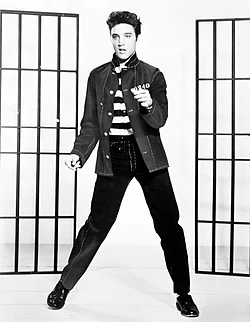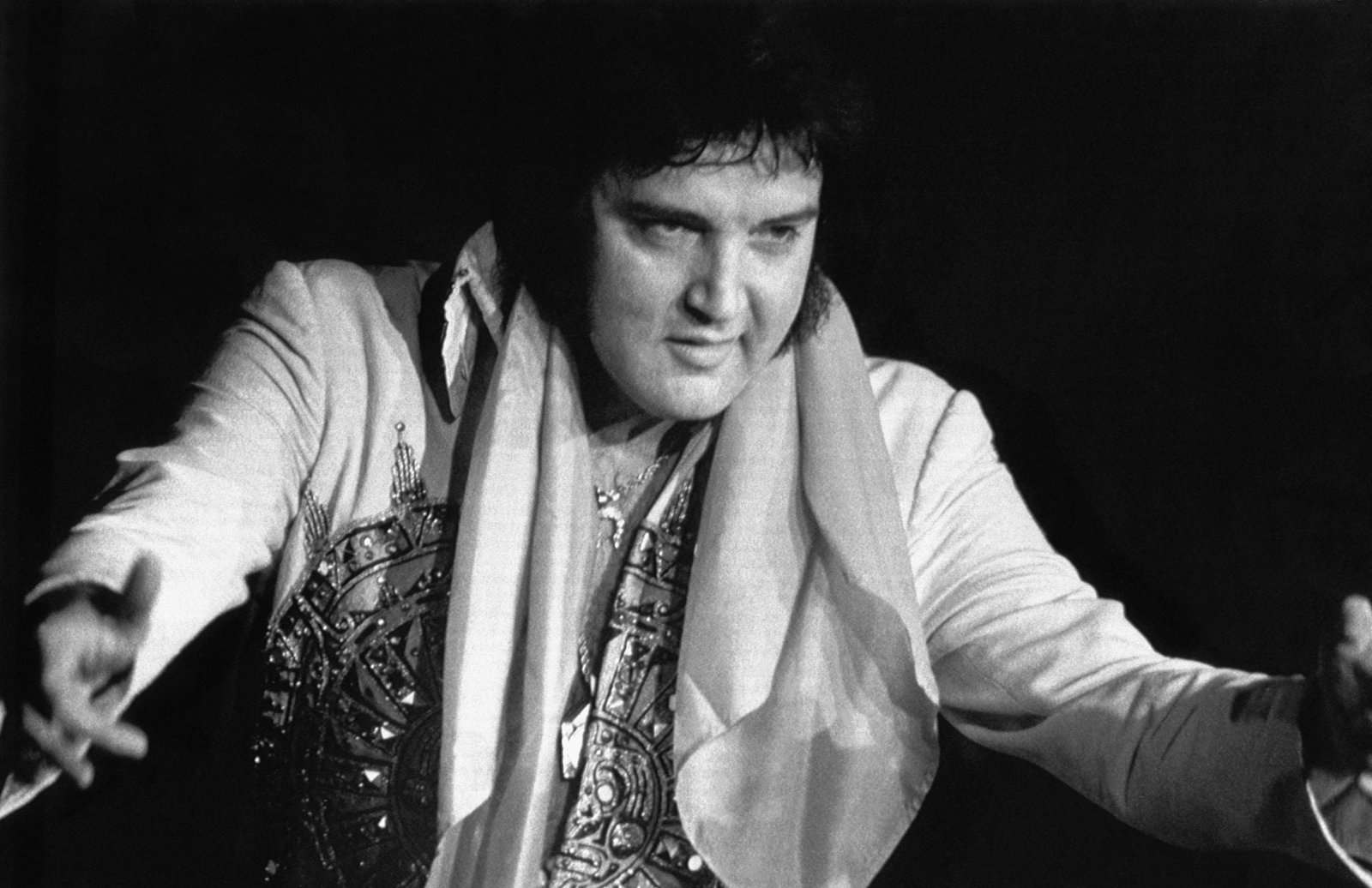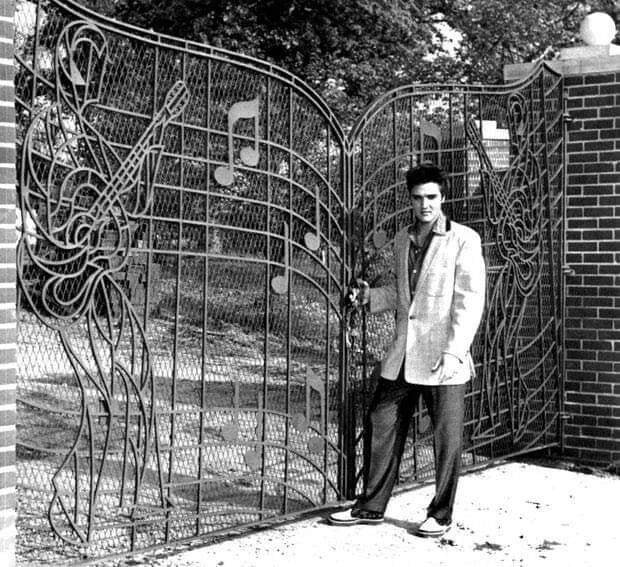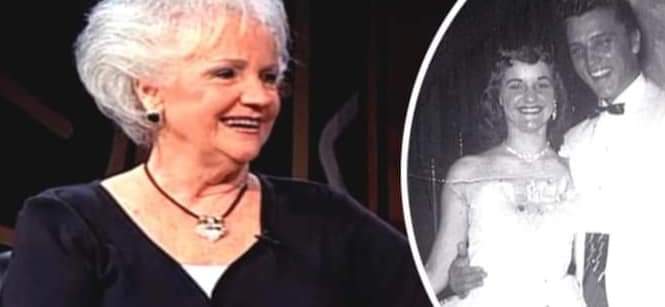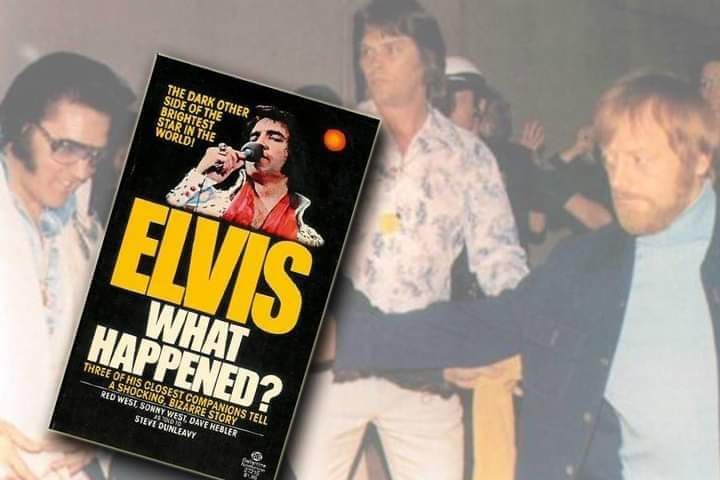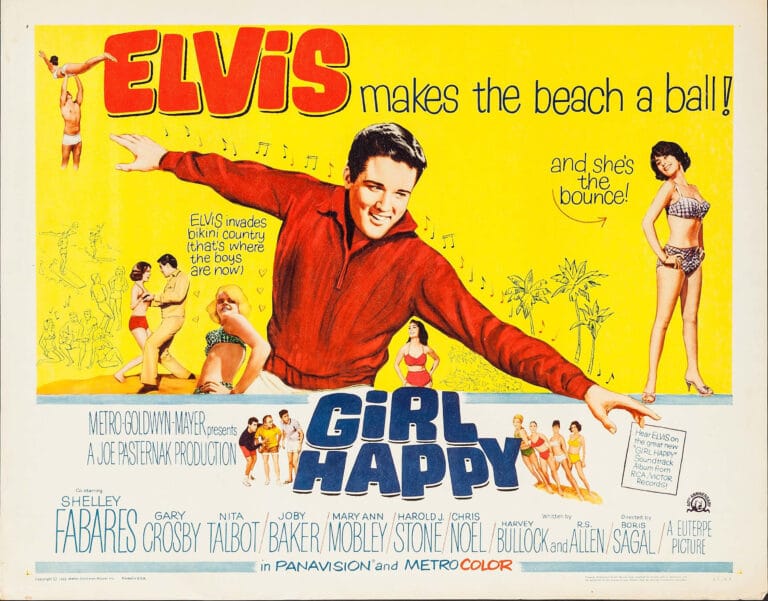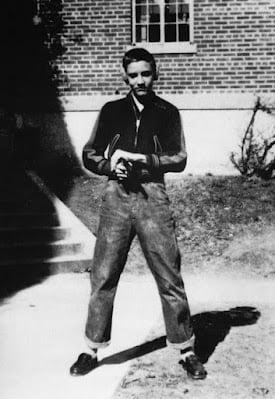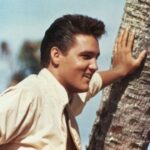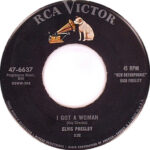
INTRODUCTION
Well, dear friends of this fantastic Radio, little by little, and without even realizing it, we have been reaching the fateful year 1977 in which our dear and beloved Elvis left us physically, although for us he will always be in our memory.
It is with great sadness that I have to put an end to this story, so his last year of life is the right time. I hope you found these chapters interesting and to your liking. I’m sure we’ll see each other again and read while all this happens, be happy.
By Cesar Valle (Torrelavega, Spain)
ELVIS IN 1977
The last year of Elvis’s life was, without a doubt, the most difficult, both for him and his fans. With excess weight and drugs, it was increasingly difficult for him to carry out his concerts, although it must be said in his favor that his voice sounded as clear and strong as perhaps it had never sounded before. His fans saw that little or nothing remained of that young man from Tupelo who had revolutionized the world of music with his hip movement and his rebellious and transgressive image. Still, despite everything, the “No tickets” sign continued to be posted at their concerts, even though people were actually going to see a ghost from the past.
Despite his delicate state of health, Elvis continued to increase his concert schedule year after year, performing the last of them on June 26 of that year, 1977 at the Marquet Square Arena in Indianapolis.
In that same year, a book written by three of his bodyguards, who had been fired a year before, will be published. In it, they narrate in great detail the darkest part of the singer. Elvis felt betrayed with the publication of this book, by people in whom he had placed his most absolute trust.
On August 16, 1977, Elvis was scheduled to fly out of Memphis for another tour. That same afternoon his last girlfriend, Ginger Alden, finds him unconscious on the bathroom floor. Doctors tried to revive him, without success, and he died at Baptist Memorial Hospital in Memphis at the age of 42.
In the musical section, Elvis was still publishing material, which had previously been recorded in the Jungle Room sessions, during 1976, “Way Down” being the last single that would appear with Elvis still alive, specifically on June 6. Along the way there would be some projects that, for one reason or another, did not come to fruition, such as the sessions they were going to have with Felton Jarvis in Nashville from January 20 to 24, and in which titles such as “Rainy Night in Georgia” were scheduled ” by Tony Joe White, “Day By Day”, by Texan Dennis Linde, or “That What You Do To Me”, by Bob Morrison. The eternal project of finally touring outside the United States also fell by the wayside.
Elvis’s body is buried in Graceland, in the so-called Meditation Garden, next to his parents, and recently his grandson and his daughter Lisa Marie. His grave has become a place of pilgrimage, being visited by thousands of his fans. His residence is the second most visited public building in the United States after the White House. After his death, Elvis left us a unique and unrepeatable musical legacy. Once the man dies, the myth is born.
THE BILLBOARD IN 1977
In 1977 the so-called Disco Sound, which had emerged in the United States, extended its power to the rest of the world, and singers or groups came to us from the most varied places, occupying the top positions on the sales charts. From Sweden, ABBA appears, who began their career after winning the Eurovision Song Contest, reaching the top with the song “Dancing Queen.” From Germany, with the careful production of Giorgio Moroder, comes Donna Summer, with “Love To Love You Baby” and “Feel Love”, or the Boney M quartet with “Ma Baker” and “Daddy Cool”. From Spain, the female duo Baccara will sweep clubs around the world with “Yes Sir I Can Boogie.”
More dance songs that will be hits, although these already left the United States, were “I’m A Boogie Man” by Miami boys K.C. and The Sunshine Band, or “You Make Me Feel Like Dancing” by Leo Sayer, who also triumphed with a composition by Gibraltarian Albert Hammond, “When I Need You”, a classic that has been covered by people like Celine Dion or Cliff Richard.
Yvonne Ellman also achieved success with “Hello Stranger”, the black singer Amil Stewart with her version of the classic “Knock On Wood” and Thelma Houston, with another classic like “Don’t Leave Me This Way”, a song they had previously published Harold Melvin and The Blue Notes, and later the duo The Communards would also take the duo to number 1 in England.
Another version that reaches the top is “Da Do Rom Rom”, the 1963 classic by The Crystals, this time by Shaun Cassidy, a member of a family clan dedicated to show business.
The Funky sound will also have a good year, with hits like “Best Of My Love”, by the female trio The Emotions, which was produced by Maurice White, leader of Earth Wind and Fire.
In 1977 the world of cinema and television are very present on the Billboard list. Thus, for example, from the world of the screen comes David Soul, protagonist of the series Starsky and Hutch, who decides to take advantage of his fame to start a brief but successful career as a singer. He had two big hits: “Silver Lady” and “Don’t Give Me Up.” In cinema, thanks to the successful premieres of that year, we have the central song of Rocky, “Gonna Fly Now”, or “The Star Wars Theme”, belonging to the well-known film that taught us that there was a galaxy far, far away.
Without leaving the cinema, we find The Bee Gees with “How Deep Is Your Love” and “Staying Alive”, from Saturday Night Fever, to which we must add the production they do for their little brother, Andy, of the song ” “I Just Want To Be Your Everything.”
Finally, two more film-related hits; the singer Rose Royce with the main theme from the Car Wash soundtrack, and Barbra Streisand with the song “Evergreen” from the film A Star is Born.
As it could not be otherwise, the world of Country also occupies a large part of the charts during 1977. Doubly we find The Eagles, with their masterpiece, “Hotel California” and “New Kind In Town”; We also have Debby Boone (daughter of the famous singer Pat Boone) with “You Light Up My Life”, Grammy for best new singer, and also the incombustible Glen Campbell with “Southern Nights”
But the classics also continued to have their audience despite the passing of the years, proving that they were incombustible. For example, the Scotsman Rod Stewart, with “Tonight’s The Night”, or Stevie Wonder, who would do a double with “Sir Duke” (a song dedicated to Duke Ellington) and “Wish”.
The British Manfred Mann would reach the top with a version of a Bruce Springsteen song from 1973, “Blinded By The Light”, as well as Marvin Gaye with “Got To Give It Up”. Other artists of color who reached the top were the duo Marylin Macoo and Billy Davis with “You Don’t Have To Be A Star.” And, arriving from London, the quintet Fleetwood Mac, with “Dreams” (song from their album Rumours).
More hits: composer Aland Oday with “Undercover Angel”, Barry Manilow with “Looks Like We Made It” and, to finish this review, the duo formed by Daryl Hall and John Oates with “Rich Girl”.
In short, a year 1977 that, as we said at the beginning, continues to be dominated by disco music, the following year being when it will touch the sky thanks to Bee Gees and the soundtrack of Saturday Night Fever, dominating the list for practically the entire year.
But already, marginally, something was changing. The Punk phenomenon emerged, with groups in England such as the Sex Pistols or The Clash, and Ramones in the United States. Also the so-called New Wave, led by bands like Talking Heads, Blondie or The B-52, brought about the end of discos and their synthetic sound. And, although Elvis is no longer among us, new styles will continue to emerge, new rhythms such as Techno-Pop, the so-called new romantics, Heavy Metal, Ska, and groups like U2, The Police or Depeche Mode, showing us that, As the great Freddy Mercury said, “The show must go on.”
If you want to visit more articles about the life of Elvis Presley, enter the following Elvis Radio 24h link: https://elvisradio24h.com/tag/articles Thanks TCB ?
